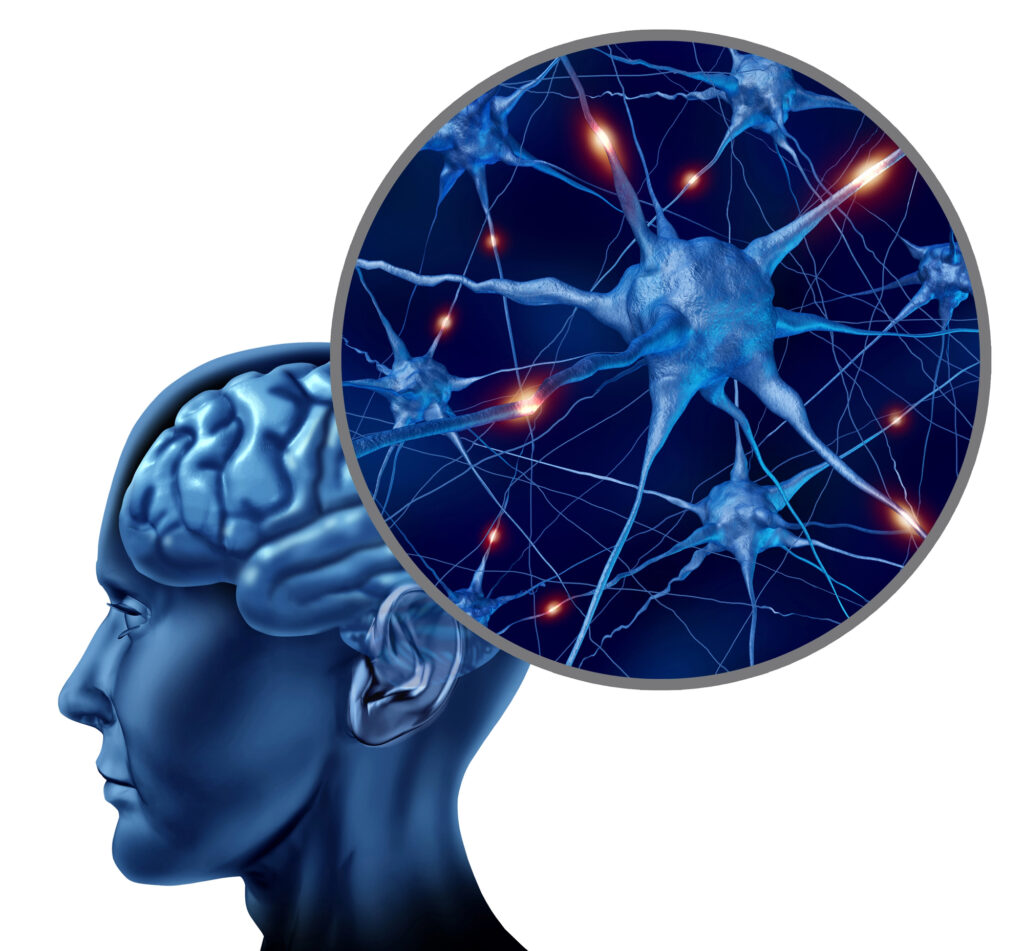Modified Citrus Pectin Blocks Gal-3 to Protect Against Post-Stroke Brain Injury
A growing body of data points to microglial neuroinflammation as a contributing factor in ischemic stroke injury — driven by high levels of galectin-3 (Gal-3), a master proinflammatory alarmin protein.
Research shows that Gal-3 promotes unregulated microglial activation and proliferation during stroke, driving neuroinflammation and damage to the brain. A preclinical study highlights the mechanisms of Gal-3 in ischemic stroke injury, and shows how the researched nutraceutical, Modified Citrus Pectin (MCP), blocks the proinflammatory actions of Gal-3 in ischemic stroke to provide significant neuroprotection for the brain.
The study, published 2022 in Journal of Inflammation Research, shows how MCP reduces neurological deficit, brain water content, and infarction volume, as well as relieves cell injury in the cerebral cortex. MCP was also shown to increase cell viability and reduce cell apoptosis, while blocking Gal-3 and decreasing the expression of proinflammatory factors such as NF-kB and TLR4 in microglial cells.
A prior preclinical study also demonstrated MCP’s ability to defend the brain following stroke injury. Published 2018 in Stroke, the study showed that Gal-3 causes blood-brain barrier (BBB) disruption following aneurysmal SAH (subarachnoid hemorrhage) by the activation of extracellular signal-regulated protein kinases 1 and 2 (ERK1/2), signal transducer and activator of transcription 3 (STAT3), and matrix metallopeptidase 9 (MMP-9) through toll-like receptor 4 (TLR4).
Administration of MCP prevented neurological impairments and brain edema post-aneurysmal (SAH), suggesting pleiotropic neuroprotective action, such as anti-neuroinflammatory and anti-apoptotic effects, beyond protecting blood-brain barrier (BBB) through inhibiting Gal-3. Importantly, this study suggested that MCP can protect the BBB through downstream downregulation of MMP-9, a protein gaining notoriety for its role in pathologies related to membrane permeability, such as cancer cell migration and leaky gut.
Modified Citrus Pectin Defends Against Cognitive Decline
In March 2020, an animal study published in Journal of Diabetes Investigation pointed to Gal-3 as a driving factor and key therapeutic target in the development of diabetes-related cognitive loss and Alzheimer’s disease. This study highlighted the role of Gal-3 as an upstream driver of metabolic dysfunction and cognitive decline.
Importantly, the study showed for the first time that the use of Modified Citrus Pectin (MCP) worked to prevent cognitive impairment in a diabetic animal model, with the MCP-treated group showing improvements in learning and memory compared to controls.
Another study published September 2020 in Journal of Inflammation Research, further elucidates these mechanisms and demonstrates that the researched form of MCP is effective in blocking Gal-3 in the brain and protecting against neuroinflammation and cognitive decline. Data from this study highlights several key protective benefits offered by MCP for neurological health.
Results from the in vivo arm of the study concluded that MCP reduced cognitive impairment, insulin resistance, oxidative stress and neuroinflammation in male Wistar rats. In vitro results demonstrated that MCP increased the viability of high glucose stimulated BV-2 microglial cells, and improved oxidative stress and the inflammatory response.
Modified Citrus Pectin Protects Against Neurological Pain
A 2016 preclinical study published in PLoS One demonstrated that Gal-3 inhibition with modified citrus pectin effectively suppressed negative neurological impacts and alleviated neuropathic stress following peripheral nerve injury.
Neuropathic pain is often unresponsive to standard analgesics. In a model of spinal injury, researchers found that L5 spinal nerve ligation (SNL) increased Gal-3 in dorsal root ganglions, and showed that administration of modified citrus pectin blocked Gal-3 expression in dorsal root ganglions. MCP was also shown to inhibit lipopolysaccharide (LPS)-induced autophagy in cultured microglia, and further decrease LPS-induced expression of IL-1β, TNF-αand IL-6 through regulation of autophagy. Authors concluded that Gal-3 inhibition with modified citrus pectin effectively suppressed spinal nerve ligation (SNL)-induced inflammatory response and attenuated neuropathic pain.
Related Video:
Josh Helman, MD discusses the pathogenic mechanisms of the pro-inflammatory immune protein galectin-3 and its role in neurodegenerative diseases, biofilm formation, autoimmunity and other critical conditions.






